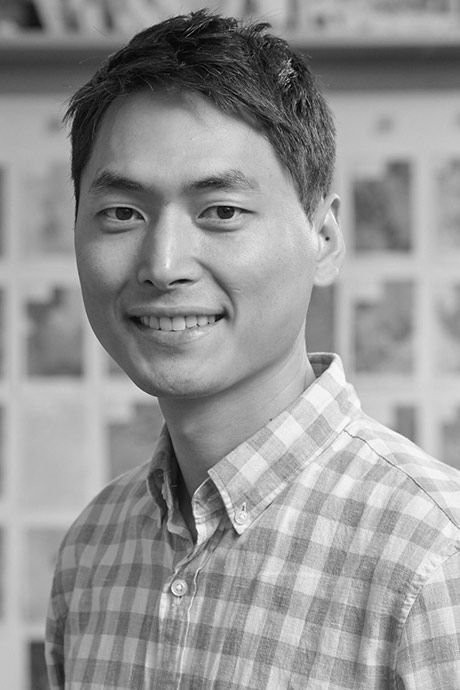Keun Park

The talk
A neighborhood park is an important venue where people engage in physical and social activities. They offer a wide variety of psychological, social, and health benefits for users and residents. Such benefits, however, can be enjoyed only if people use the parks. If a neighborhood park fails to meet nearby residents’ needs, usage may decrease, and parks could become more vulnerable to crime and social disorder. And that’s what we see in American cities – empty parks. Empirical evidence shows that too much is expected of city parks. We should not simply assume that putting a vast grassland (a “park”) can complete a neighborhood. If you build it, they may not come. With so many new developments happening in the suburban U.S., Keun’s talk highlights what’s missing in contemporary park development and urban planning and calls for a holistic approach among city planners, developers, landscape architects, and citizens.
About Keun
Keun is an assistant professor and a co-director of the VIVID lab (https://laep.usu.edu/vivid/) in the Department of Landscape Architecture and Environmental Planning at Utah State University. He holds a Ph.D. in Metropolitan Planning, Policy, and Design from the University of Utah. Keun conducts behavioral research through spatial data analytics and digital technologies. Ultimately, his study aims to understand how to create healthy, just, and resilient cities through smart growth and urban nature. Specific research agendas include 1) Technology-driven behavioral research in public space (e.g., drone), 2) Spatial research on smart growth (compact, mixed-use, walkable, and transit-supportive developments) and its behavioral outcomes, and 3) Environmental justice and accessibility in urban nature.